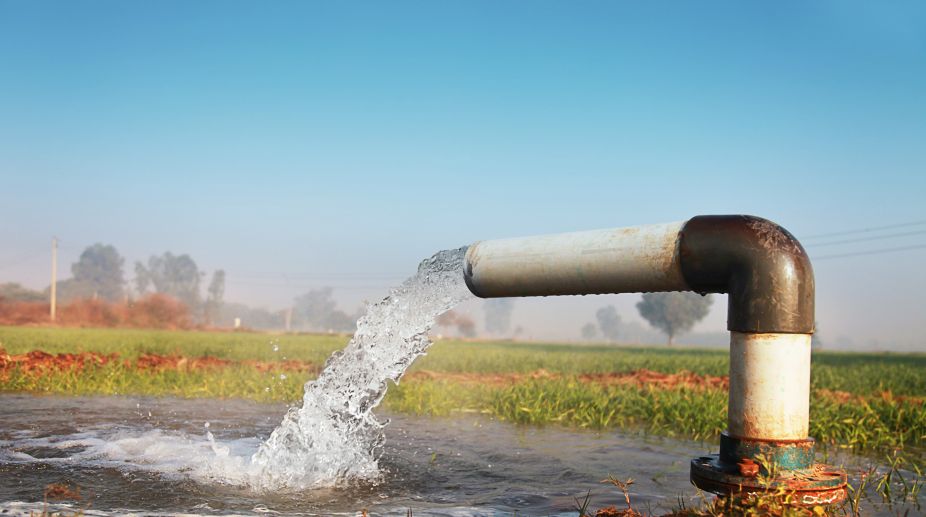To ensure water supply this summer, Haryana has deployed over 900 water tankers and would install 342 tubewells at different places in the state.
Presiding over meeting, minister of state for Public Health and Engineering Department, Banwari Lal said that during summers, there would no shortage of drinking water in any area across the state. In case there would be shortage of drinking water in any area, it would be supplied through water tankers.
Advertisement
He said as many as 933 tankers have already been supplied during the year 2018-19 till date. He directed the officers that water tankers be supplied in the area where there is problem of drinking water due to various reasons in consultation with District Administration.
The minister said that all complaints regarding drinking water supply especially in summer season be given top priority and resolved in minimum time. So far during the year 2018-19, 2025 complaints out of 3706 received complaints have already been redressed, he said.
Lal said drinking water supply in the state is provided through canal-based waterworks and tubewells based waterworks. Canal based water works are provided in the area where underground water is not potable and tubewells are provided in those areas where underground water is potable. He directed the officers that some water tanks were in open and arrangements should be made to cover them so that nothing could fall into these tanks.
He said that the department has launched water conservation campaign on May 16, 2017 and the same is still going on. Under this campaign, 9,69,082 household in 2103 villages covered in the state and 45,198 taps were installed.
The minister said that 1,50,400 water connections were sanctioned and Rs 9.40 Crore was collected in the form of revenue. He said that 4260 illegal connections were disconnected.
Testing of water samples in rural and urban areas should be monitored closely and fortnightly reports be sent laboratory wise. In case any sample is found failed, all precautionary measures should be taken and re-sampling after rectifications of defects should be done to ensure safe drinking water to public, he added.











